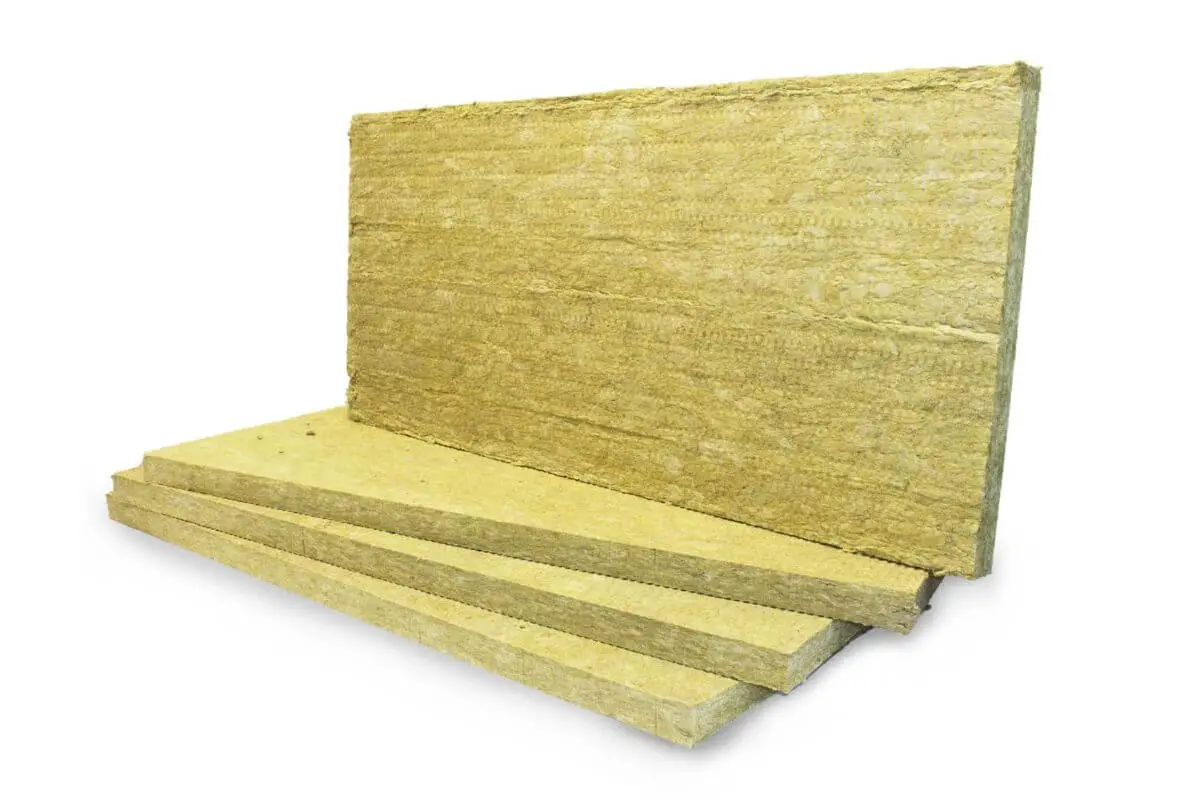Introduction
Insulation is a crucial element in maintaining energy efficiency and indoor comfort in buildings. Thermafiber and Rockwool are two prominent names in the insulation industry, known for their high-performance products. In this article, we will compare and contrast these two insulation materials, exploring their composition, benefits, applications, and more, to help you make an informed decision for your insulation needs.
1. Thermafiber: The Sustainable Solution
1.1 Understanding Thermafiber
Thermafiber, also known as mineral wool insulation, is made from natural and recycled materials. It is designed to withstand high temperatures, making it an ideal choice for fire protection and sound insulation applications.
1.2 Key Features of Thermafiber Insulation
- Fire Resistance: Thermafiber insulation is non-combustible and has a high melting point, providing excellent fire protection to buildings.
- Sound Absorption: The dense and fibrous structure of Thermafiber absorbs sound waves, reducing noise transmission between rooms and buildings.
- Thermal Insulation: With its low thermal conductivity, Thermafiber effectively reduces heat transfer, helping maintain comfortable indoor temperatures.
- Sustainability: Thermafiber products are made from recycled materials and are themselves recyclable, making them an environmentally friendly choice.
2. Rockwool: The Versatile Insulation Solution
2.1 Introducing Rockwool
Rockwool insulation, also known as stone wool insulation, is manufactured from volcanic rock and other natural materials. Its unique structure provides superior thermal and acoustic insulation properties.

2.2 Key Features of Rockwool Insulation
- Thermal Performance: Rockwool insulation has excellent thermal resistance, helping to reduce energy consumption for heating and cooling.
- Sound Insulation: The dense and porous structure of Rockwool effectively absorbs sound waves, making it ideal for noise reduction in commercial and residential buildings.
- Fire Resilience: Like Thermafiber, Rockwool is non-combustible and can withstand high temperatures, providing valuable fire protection to buildings.
- Water Repellency: Rockwool insulation repels water and moisture, helping to prevent mold and mildew growth.
3. Thermafiber vs. Rockwool: The Comparison
3.1 Composition and Manufacturing
- Thermafiber: Made from natural and recycled materials, including slag and basalt rock.
- Rockwool: Manufactured primarily from volcanic rock and other natural minerals.
3.2 Fire Resistance
Both Thermafiber and Rockwool are non-combustible and offer excellent fire resistance, making them suitable for fireproofing applications.
3.3 Sound Insulation
Both materials excel in sound absorption and noise reduction, contributing to a quieter indoor environment.
3.4 Thermal Insulation
Thermafiber and Rockwool provide effective thermal insulation, helping to regulate indoor temperatures and reduce energy consumption.
3.5 Environmental Impact
Both materials are environmentally friendly, with Thermafiber using recycled materials and Rockwool utilizing abundant natural resources.
Conclusion
In conclusion, the choice between Thermafiber and Rockwool insulation ultimately depends on your specific project requirements and preferences. Both materials offer exceptional thermal performance, fire resistance, soundproofing capabilities, and moisture resistance. They are also sustainable choices with positive environmental attributes.
Thermafiber excels in providing outstanding fire resistance and soundproofing, making it suitable for various residential and commercial applications. On the other hand, Rockwool offers excellent thermal insulation and moisture resistance, making it ideal for industrial and green roofing projects.
By considering the specific needs of your project, seeking professional advice, and evaluating the long-term benefits, you can make an informed decision that ensures optimal comfort, safety, and energy efficiency for your building.
FAQs
Q1: Can I use Thermafiber and Rockwool insulation for residential applications?
Yes, both Thermafiber and Rockwool insulation are suitable for residential use, offering benefits such as fire protection and sound absorption.
Q2: Are these insulation materials safe for indoor air quality?
Yes, both Thermafiber and Rockwool are safe for indoor use and do not release harmful chemicals into the air.
Q3: Which insulation material is more cost-effective?
The cost-effectiveness of Thermafiber and Rockwool depends on factors such as the size of the project and local market prices.
Q4: Can I install these insulation materials myself, or do I need professional installation?
While DIY installation is possible for some applications, it is advisable to seek professional installation, especially for large-scale projects.
Q5: Are Thermafiber and Rockwool insulation suitable for exterior applications?
Yes, both materials can be used for exterior insulation, providing thermal and fire protection to the building envelope.
Q: Is Thermafiber insulation suitable for use in high-temperature environments?
A: Yes, Thermafiber insulation is designed to withstand high temperatures and is often used in industrial applications.
Q: Does Rockwool insulation contribute to a more energy-efficient building?
A: Yes, Rockwool insulation’s high thermal performance helps reduce energy consumption and contributes to energy efficiency.
Q: Can Thermafiber or Rockwool insulation help reduce noise from outside traffic?
A: Yes, both Thermafiber and Rockwool have excellent sound-absorbing properties that can help reduce noise from external sources.
Q: Are Thermafiber and Rockwool insulation materials recyclable?
A: Yes, both materials are recyclable, making them environmentally friendly choices.
Q: How do I know which insulation material is best for my specific project?
A: It’s recommended to consult with insulation professionals who can assess your project’s requirements and recommend the most suitable material for your needs.



